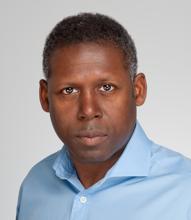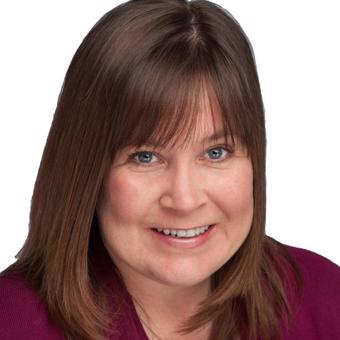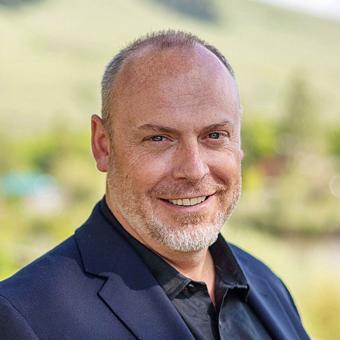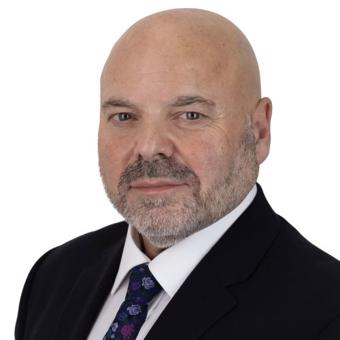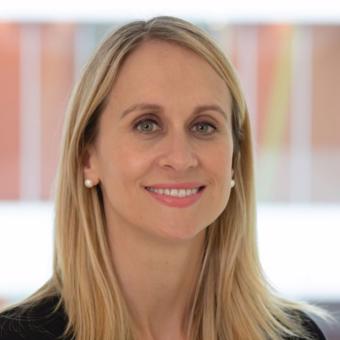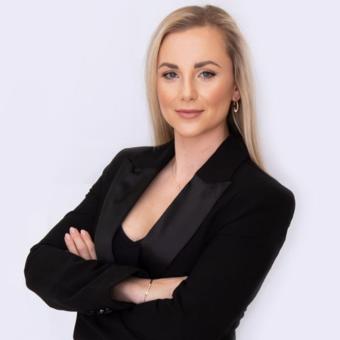George Bisnought founded the fee-share firm Excello Law in 2009. He tells The Brief about why the consultancy model has proved so attractive in the intervening years, and how the firm is positioning itself for the future
When The Brief first spoke to George Bisnought, in 2015, his firm Excello Law was six years old and had recently expanded from its London base with office openings in Liverpool and Leeds. With, at that time, a team of more than 50 consultant lawyers, it was growing rapidly but its “new model” business structure remained just that in the eyes of most people.
Nine years later the fee-share platform model of which Excello was one of the earlier pioneers is, if not mainstream, then certainly much better understood as a viable, and often attractive, career option for experienced lawyers.
Excello’s continued growth is emblematic of the platform sector’s rise over the past decade, and it now has nine offices and more than 200 senior lawyers around the UK. According to the Codex Edge Platform Firms Report 2024, last year Excello Law was the third-fastest growing platform firm with more than 60 lawyers joining the platform in 2023/24.
Focus on quality
However, Bisnought says, the firm has not been chasing growth for its own sake. He tells The Brief, “We focus on quality and we are looking to recruit the best. I don’t believe that bigger means better.
“If you look at our lawyers and compare them with those at some of the other firms, ours can compete with the best.
Because of the resource that we attach to each of our lawyers we can’t recruit everybody, and I think that’s a positive – we turn away more people than we make offers to because we are so invested in each individual lawyer’s journey with us.
As well as demonstrating capability and cultural fit, Bisnought says lawyers who join Excello need to go through an approvals process that involves the firm’s professional indemnity insurers, to ensure there are “no skeletons, or potential skeletons” in their cupboard.
Retention
Once they make it on board, though, Excello’s lawyers tend to stick around. Codex Edge found that over the last year Excello Law had the best retention rate of any of the larger platform firms.
Bisnought says one factor that attracts senior lawyers from traditional firms to join Excello Law (and, indeed, other platform firms) is the freedom to set their own fees which, in turn, means they can choose who to work with. This often means being able to maintain longstanding client relationships that were threatened by lawyers’ former firms increasing their charge-out rates.
He says, “A lot of the large regional or City firms dictate what their lawyers can charge which, in turn, dictates who they can take on as clients. The lawyers we speak with have often had a client for many years but have now had to tell that client that their daily rate has increased and therefore the client either has to go to another, more junior, lawyer within the firm or go elsewhere, which has been quite upsetting for a number of those lawyers.”
Excello Law is a full-service commercial and private client firm and its lawyers are able, Bisnought continues, to have constructive conversations with clients when agreeing fees. He says, “They are able to have an honest and frank conversation with the client about the value proposition, rather than being dictated to about what the hourly rate is.
The lawyer can spend time with their clients to understand their issues. What are their objectives, and what can we add to that process as lawyers?
Business development
And where do those clients come from? Most lawyers join Excello with more than ten years’ PQE, Bisnought says, so they will often already have a strong client following.
However, the business also has a marketing department and generates referrals internally, a trend that has increased as the firm has become more established in the marketplace.
Although the firm has nine offices around the country, its working model is flexible and lawyers aren’t siloed geographically. Lawyers are encouraged to collaborate and to refer matters between colleagues.
The model also means, he says, that while lawyers are free to set their own rates and work for longstanding loyal clients, they are also able to take on very high-quality, high-billing work. Far from simply being a platform for “lone wolf” consultants, the firm regularly puts together teams to work together on significant matters for large clients.
Share of fees
Under the fee share model, Bisnought continues, lawyers take home a considerably greater share of their billing than they might do as employees of a traditional firm. He says, “If you want to be a partner at a traditional firm you are going to be targeted to bring in at least four times what you’re paid.
If they are being paid £100,000 then they’re being targeted to bring in at least £375,000-£400,000 at a traditional firm, but if they worked for us they would actually receive a larger proportion of their billing and, from day one, be earning significantly more – potentially three times as much.
Next generation consultants
The firm is also addressing one of the elephants in the room for the platform model, whose proponents have tended to promote the superior work/life balance and professional freedom they say they offer compared to traditional firms while, at least in the beginning, being reliant on those firms to train and develop lawyers up to the point where they can strike out as consultants.
Excello Law is licensed to provide training contracts and has, Bisnought says, already done so, as well as employing paralegals. It also offers a route via which lawyers can join as employees and, over time, transition into working as consultants.
Bisnought explains how this would work: “They transition at a point that they are comfortable with doing so, when they have built their own following and it would be beneficial for them to move from salary to fee-share.
“But they can have a blended model where a percentage of their income can come from fee-share while they also remain employed.
The beauty of the model is its agility, and we are always keeping an eye on what we need to do continue to improve and evolve.
Levelling the playing field
That evolution will in future, he continues, include international expansion and the further adoption of technology. The latter will, he says, “become a significant part of our operation and the way that our lawyers work from day to day, I think.”
While acknowledging the risks of, and requirement to be vigilant for, AI “hallucinations”, he is optimistic about the transformative potential of technology within the legal market.
“At the moment it’s still early days but I believe that at some level the development and adoption of technology will create a whole level playing field, enabling us to compete with much larger law firms by shifting the emphasis away from sheer manpower and onto expertise,” he concludes.
Visit
Connect with George Bisnought via LinkedIn
